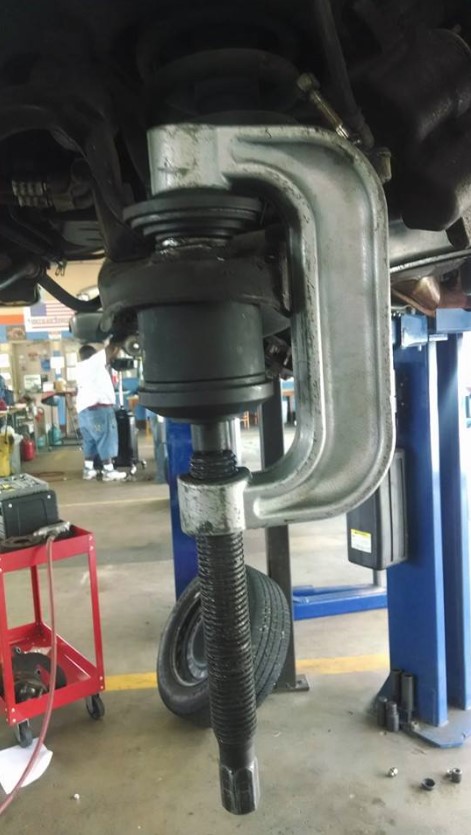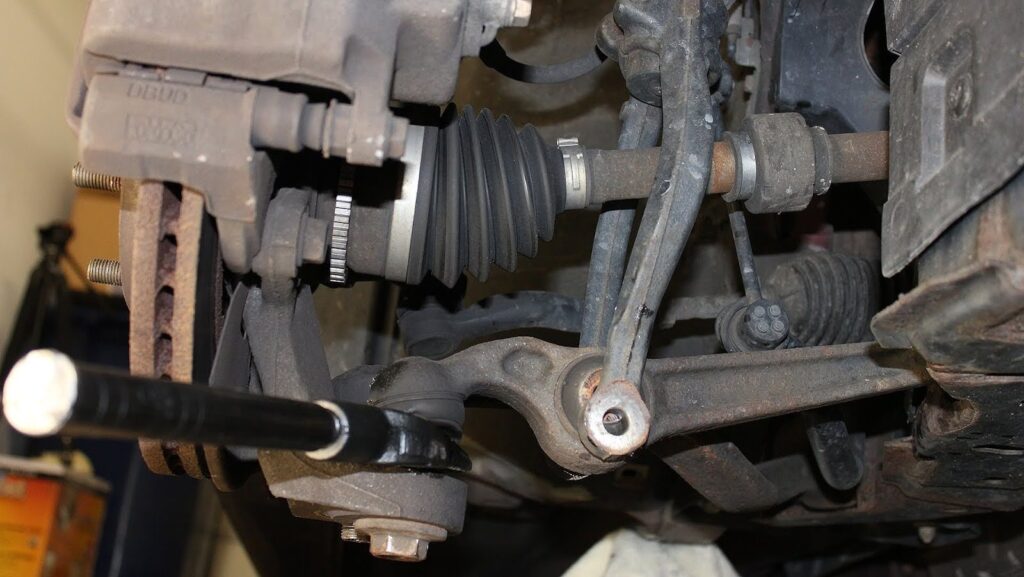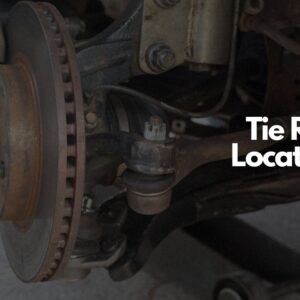Q: Where Are the Ball Joints Located?
A: You might be able to see the upper ball joint immediately as soon as you remove your vehicle’s front tires, while the lower ball joint will be located behind your vehicle’s wheel hub. Both ball joints will be located in the front control arms.
In a 2004 to 2012 Ford F-150, you’ll be able to find the upper ball joint floating right in front of the shock absorber, while the lower ball joint will be located behind the bottom half of the brake rotor.

Ball joints are part of the complex suspension assembly that allows your front wheel to move up and down, as well as left and right. Your front suspension’s ball joints pivot between the steering knuckles and control arms. You can imagine a ball joint like a human shoulder that’s made up of a ball and a socket. Ball joints typically have a rubber boot that protects the ball from debris and water.
Many vehicles typically have an upper ball joint and a lower ball joint unless they have strut suspension with a bearing on the top of the strut. These only have a lower ball joint. However, some strut suspension systems (like Hondas and some Fords/Lincoln platforms) still have two ball joints.

Tips on How to Access the Ball Joints
Accessing the ball joints will always involve raising your vehicle and removing the wheels. Replacing the ball joints is a complex procedure since you’ll need to remove the brake caliper, wheel hub, and brake rotor. Some vehicles require replacing the entire control arm, which includes the ball joint.



Bolts are typically full of rust since they’re exposed to the elements. To help you remove these bolts, spray rust penetrant and clean the bolt threads with a wire brush.
Any information provided on this Website is for informational purposes only and is not intended to replace consultation with a professional mechanic. The accuracy and timeliness of the information may change from the time of publication.

































